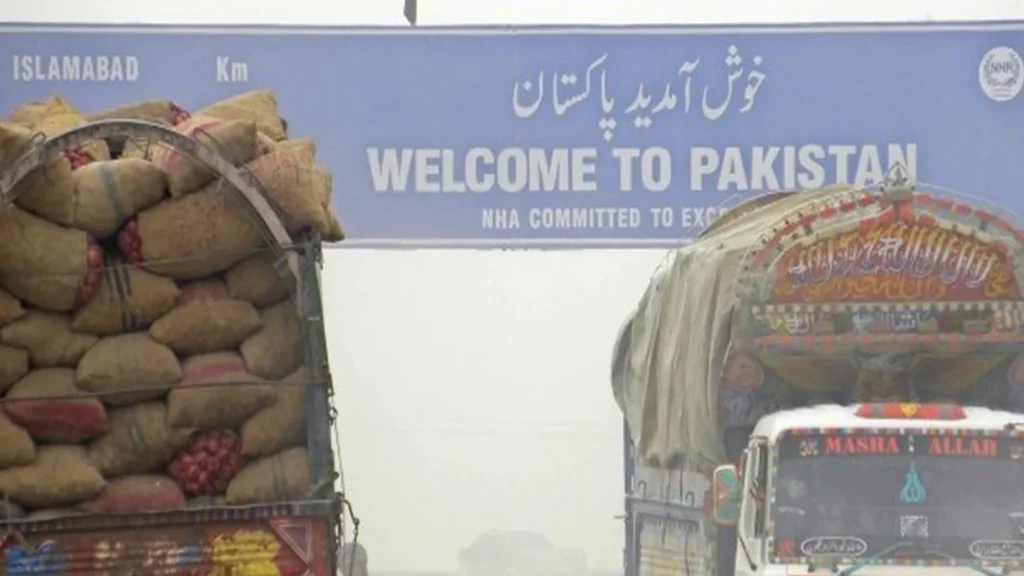- Web
- Feb 05, 2026
Illicit trade costs Pakistan Rs750 billion a year, reports reveal
-

- Web Desk
- May 02, 2025

ISLAMABAD: Pakistan is losing around Rs750 billion annually in tax revenue due to widespread smuggling and illicit trade, according to a new report jointly released by the Policy Research Institute of Market Economy (PRIME) and the Transnational Alliance to Combat Illicit Trade (TRACIT).
Illicit activities — from smuggled fuel and counterfeit medicines to non-tax-paid cigarettes and under-invoiced goods — have taken root across major sectors. The scale of the problem is reflected in an estimated Rs3.4 trillion in annual tax losses linked to the country’s $123 billion informal economy.
Pakistan ranks 101st out of 158 countries on TRACIT’s 2025 Global Illicit Trade Index, far behind regional peers like India (52nd), Sri Lanka (73rd), and Bangladesh (95th). While the country performs relatively better in border and customs management, it scores poorly in areas such as sector-specific enforcement and supply chain regulation.
TRACIT Director General Jeffrey Hardy said Pakistan’s low ranking points to the urgent need for a national anti-illicit trade strategy. He recommended appointing a dedicated National Illicit Trade Coordinator to lead enforcement and oversight.
The report calls for wide-ranging reforms, starting with tax policy. It suggests rationalising excise duties and import tariffs to reduce incentives for smuggling, particularly in the tobacco and petroleum sectors where high taxes have pushed more activity into the black market.
It also highlights weaknesses in enforcement. While border controls have improved, domestic market oversight remains weak. Expanding the Inland Revenue Enforcement Network (IREN), increasing field inspections, and investing in FBR enforcement operations are recommended.
Pakistan’s Track and Trace System — designed to monitor excisable goods — is also underperforming due to poor compliance. The reports urge technological upgrades, regular audits, and stricter penalties for non-compliance.
A lack of coordination among customs, tax, excise, and law enforcement agencies further undermines efforts. The reports recommend better intelligence-sharing, joint operations, and an integrated national response to disrupt illicit trade networks.
The authors conclude that tackling illicit trade is essential to restoring tax revenues, strengthening fair market competition, and supporting long-term economic growth.
Read next: Oil prices edge higher as hopes rise for US-China trade talks




